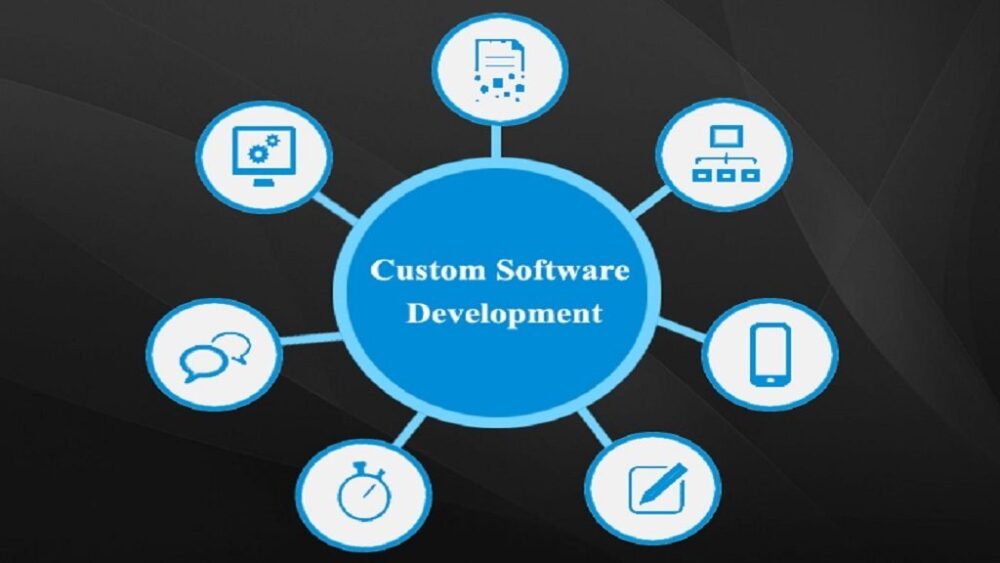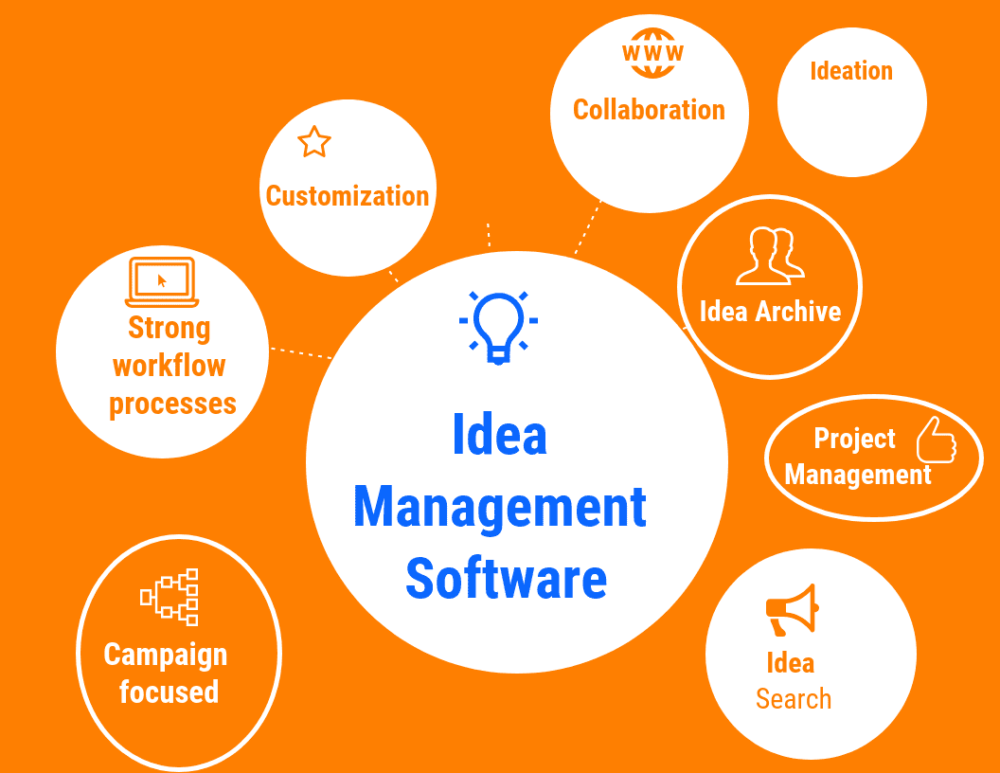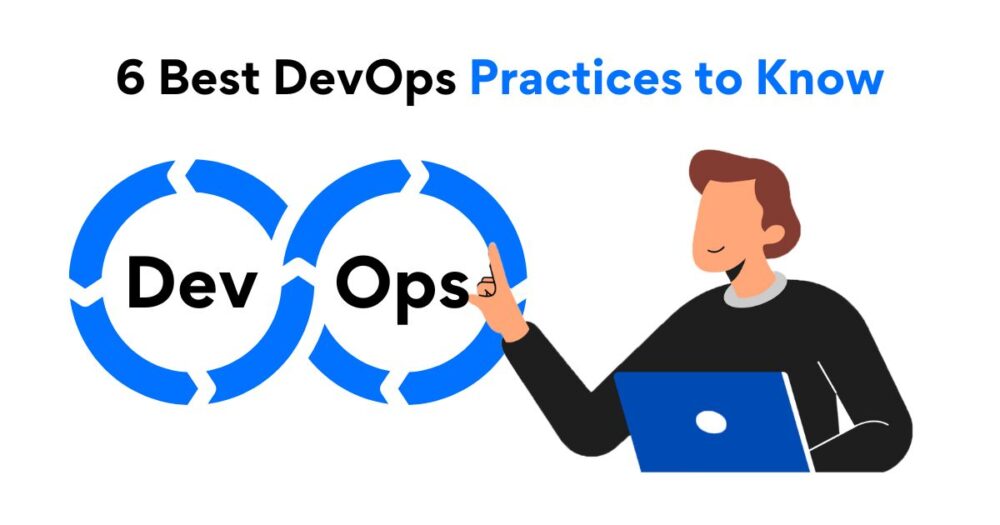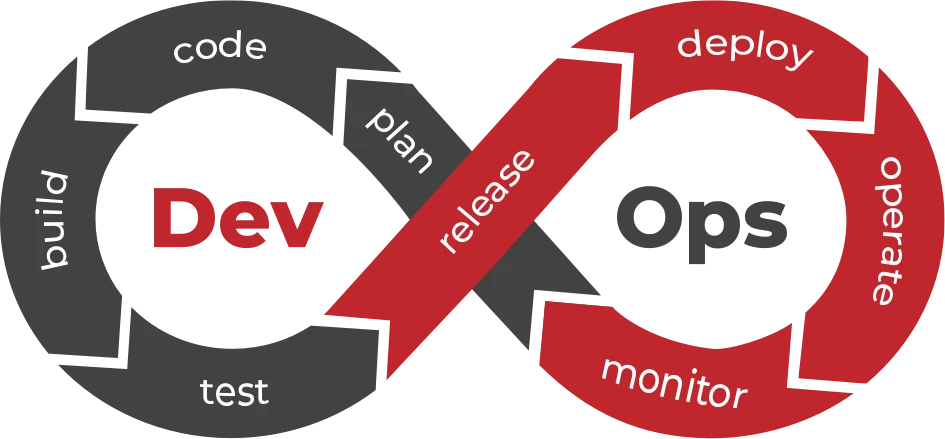Any company that develops a software product (SW) is interested in the fact that this product enters the market as soon as possible. To do this, both in the develop and in operation, various methods are used that allow them to successfully go through all stages of the project life cycle (PLC). Of course, at the same time, any company seeks to reduce its costs, choose the best technical solution and, as a result, gain a competitive advantage in the market. Recently, one of the innovative tools that allows IT companies to achieve significant success has become the concept of DevOps. Unfortunately, not every company has the necessary resources or the necessary qualifications of its specialists in order to implement tasks using this concept. And often in such cases, the best solution would be to involve devops consulting services in their activities.
Traditional project creation model

Source: otssolutions.com
Before clarifying what kind of consulting services can be received within the framework of DevOps, let’s remember what is hidden under this name. The DevOps concept is a kind of set of practices that serves to reduce the time to market for the developed SW without losing its functional requirements. But is this innovation? – you ask – after all, such a goal has always been present in the life cycle of any SW project. And you are right, since such a goal has indeed always been present, however, the traditional approach to achieving this goal and the DevOps approach still have some differences between them.
So, the traditional PLC model, which appeared in the 70s of the last century, is called the “Waterfall Model” and consists of several development stages that are performed linearly sequentially. Of course, at the same time, each stage has its own clear goals. Within the framework of the entire model, two main stages of the life cycle program can be identified, these are the development process itself and the operation process. Practical activities at these stages are carried out by two groups of functionally separated specialists: developers and system administrators. And precisely because of such a functional division, a conflict of interest is embedded in the traditional model of the PLC. The area of development interest is responding to a rapidly changing competitive landscape in the market and developing a product and new functionality. The operational area of interest is the stable functioning of servers, reducing the number of their outages and ensuring uninterrupted application availability to the clients.
Innovative project creation model

Source: predictiveanalyticstoday.com
Having marked the zones of functional interests of developers and system administrators, we can unmistakably see that the vectors of their activities have opposite directions. And as a result, this began to lead to serious problems of SW projects and conflicts among these groups of specialists. Then, in the early 2000s, the idea of a new DevOps concept arose. In short, the essence of this concept is that both groups of specialists – both development and operations – should be interested in the next:
- a) the market has to always had the freshest competitive product
- b) the users have to have constant access to this product.
This, in turn, means moving away from the traditional sequential work on a project with narrowly focused tasks and moving towards a model in which:
– exploitation engineers should be involved in the development of the project,
– developers should be involved in project support.
Benefits of DevOps-consulting
Since, as mentioned earlier, the DevOps concept is not a standard, not a norm, but rather a set of practices, then, naturally, it does not contain any formed postulates or constant mandatory requirements. This is a kind of culture, the implementation of which, each company details, based on its tasks and capabilities. At the same time, of course, there are still certain requirements, both for the competence of DevOps specialists, and for the compatibility of DevOps concept with the conditions and characteristics of the company itself.
Key Considerations for DevOps Consulting

Source: turing.com
Understanding organizational culture and readiness for DevOps
Implementing DevOps requires a deep understanding of an organization’s culture and its readiness for change. Key considerations include:
- Cultural Alignment: Assessing whether the organization’s culture is receptive to collaborative and agile practices, and identifying any cultural barriers that may hinder DevOps adoption.
- Leadership Support: Ensuring that leadership is committed to the DevOps transformation and actively supports the necessary cultural shifts within the organization.
- Change Management: Developing a change management strategy to address resistance to change, communicate the benefits of DevOps, and gain buy-in from stakeholders.
Addressing challenges related to tooling and automation
Effective tooling and automation are crucial for successful DevOps implementation. Considerations include:
- Tool Evaluation: Evaluating and selecting appropriate tools that align with the organization’s needs, considering factors such as scalability, integration capabilities, and ease of use.
- Toolchain Integration: Ensuring seamless integration and interoperability between various DevOps tools to enable end-to-end automation across the software development lifecycle.
- Training and Skill Development: Providing training and support to enable teams to effectively utilize the selected tools and automation frameworks.
Ensuring effective communication and collaboration among teams
Collaboration and communication are fundamental to DevOps success. Key considerations include:
- Cross-Functional Collaboration: Encouraging collaboration between development, operations, and other relevant teams to foster a shared understanding of goals, responsibilities, and processes.
- Communication Channels: Establishing effective communication channels, such as chat platforms, collaboration tools, and regular meetings, to facilitate real-time communication and feedback.
- Documentation and Knowledge Sharing: Promoting the documentation of processes, best practices, and lessons learned to enable knowledge sharing and continuous learning across teams.
And in many cases, hiring specialist-consultants to implement DevOps greatly facilitates the adaptation of this concept to the conditions of the company and contributes to its maximum benefit for solving the tasks. What are the main advantages can get a company that has requested consulting DevOps specialists? First of all, time to market is significantly reduced and the number of problems and errors that arise during the implementation of the PLC is significantly going down. In addition, the company-client can get the necessary assistance in various matters in which it is interested. These questions may relate to market research, analysis of various business decisions, cost reviews, etc. and so on. Practically the client reflects all his requirements in the request, and the consultants, after carrying out the relevant work on request, form a report and their recommendations for further actions. At the same time, constant communication between the client and consultants is maintained.


















